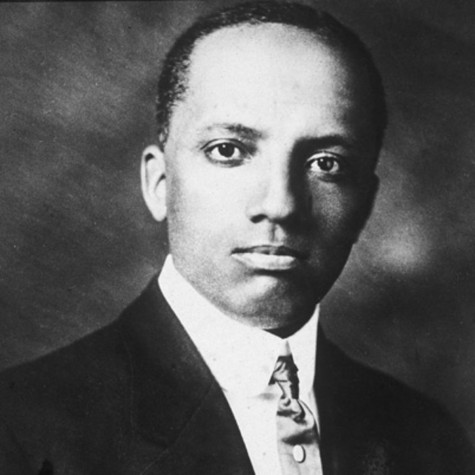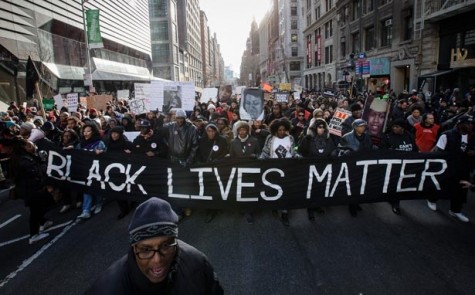Black History Month Matters
The month of February is most famous for the observation of Valentine’s Day, where the masses treat their significant others with candy, gifts, and flowers. More importantly, February is a month also known as Black History Month, where multiple countries observe the 28-day period as a time for remembrance and celebration of African American achievement in world history.
Background
Black History Month’s origins trace back to about a century ago in 1926. The event evolved from “Negro History Week,” which was created by African American historian, Carter G. Woodson and the Association for the Study of Negro Life and History (ASALH). The week was designated for the second week of February, and served the same purpose as its modern counterpart.

The week was later lengthened to a month thanks to a proposal by the leadership of a student organization from Kent State University that were knowns as the “Black United Students.” Black History Month was first celebrated in 1970 at Kent State, and became officially recognized by the U.S. government in 1976.
Other countries soon adopted their own version of Black History Month. The United Kingdom first celebrated the holiday in London in 1987. Canada followed next by honoring the history of black Canadians beginning in 1995.
Condemnation
Not everyone has acquiesced to the idea of Black History Month. Critics have questioned the propriety of dedicating an entire month to celebrating the history of a sole race. They believe it to be racist and condescending, because the holiday only serves to recognize the accomplishments of a single race, and reduces complex historical figures to simplified “hero worship.”
Why BHM Matters
The aforementioned criticisms fail to see Black History Month at any level deeper than its surface. The critics do not realize that every month preceding and succeeding February is “White History Month,” where white accomplishments sustain their showcase all year long. The critics do not realize that simplicity yields complexity. A concise thought is more likely to be remembered. The ideas that these black historical icons have produced are meant to resonate throughout the country well after February 28th. This is especially important considering the current state of affairs regarding the black community.

Justice is said to be blind, however, it seems to have developed an ability to hear color. Black Lives Matter is an activist group that organizes protests to engender awareness towards the injustice shown to African Americans in the criminal justice system. As Dr. Martin Luther King Jr. once said, “Injustice anywhere is a threat to justice everywhere.” The group is comparable to the people that led the Civil Rights Movement back in the 1960’s. Black Lives Matter aims to not merely push towards an agenda of police reform, just as the Montgomery Bus Boycott was not merely pushing towards open bus seats. Instead, both groups are set towards the wholehearted, impartial acknowledgement of all rights established by the UN’s Universal Declaration of Human Rights document.
Our country needs to foster leadership that will make strides to ameliorate the social tension that has come to light.
Perhaps America can use Black History Month as an examination of past civil rights victories to bring about a better future for all.
Sources (for further reading)
- https://www.ford.utexas.edu/library/speeches/760074.htm
- https://asalh100.org/
- http://www.black-history-month.co.uk/sitea/BHM_FAQ.html
- http://www.theguardian.com/commentisfree/2010/oct/01/black-history-month-hero-worship
- http://www.un.org/en/universal-declaration-human-rights/
- http://www.uscrossier.org/pullias/wp-content/uploads/2012/06/king.pdf










